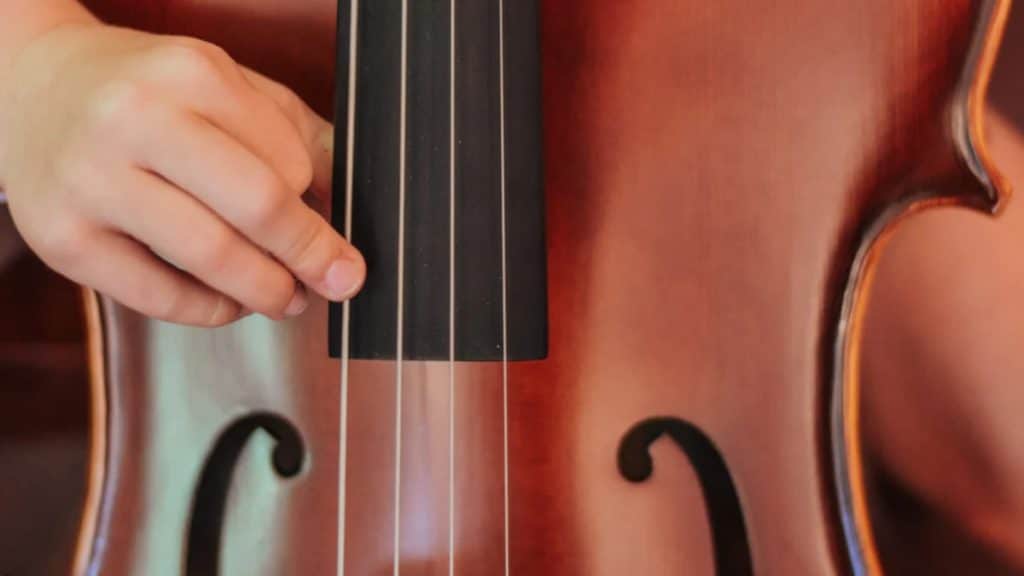As musicians, we often spend hours perfecting our technique, experimenting with different instruments and accessories, and fine-tuning our skills. While the instrument itself plays a significant role in producing the sound we desire, there is one crucial element that often goes overlooked: the string. Yes, the humble string that we so usually take for granted actually has a tremendous impact on defining the music we play.
In this post, we’ll explore why choosing the correct string is essential and how it can affect our playing style and overall musical expression.
The Importance of String Choice
The choice of strings significantly impacts a violin’s sound, playability, and overall performance. Different string materials, gauges, and brands offer unique characteristics, catering to various playing styles and preferences. Some of the significant points that reflect the importance of strings in your music playing are discussed here.
Enhancing Your Sound
The right type of string can enhance your sound by bringing out certain tonal qualities in your instrument. For instance, if you’re looking for a warm and mellow tone, you might opt for gut core strings on your violin or cello. Nylon or synthetic core strings, on the other hand, are known for producing a brighter and more focused sound.
Similarly, guitarists may choose between nylon strings for a classic, mellow vibe or steel-core strings for a brighter sound with more sustain. Each material bears unique sonic qualities that can significantly influence an instrument’s timbre.
Playing Energy
The type of string you choose greatly influences sound quality and the instrument’s responsiveness. When looking at double bass strings for sale, some players prefer low-tension strings, which require less force to achieve good volume and response. Others opt for higher-tension strings for greater control over dynamics while still providing robust sound production.
These factors are significant when considering bow pressure or fingerboard pressure, whether you play bowed or fretted instruments. Experimenting with different brands and types of double bass strings can help you fine-tune your playing style and bring out the best in your instrument.
Playing Technique
Additionally, the type of string you use can influence your playing technique. For instance, lighter gauge strings may make it easier to execute fast passages as they require less effort to vibrate compared to heavier gauge options. Heavier gauge strings, on the other hand, may offer more projection and sustain—a desirable quality for specific genres or playing styles.
Knowing Your Genre
Understanding the genre of music you play is crucial when selecting strings. Classical musicians typically have different requirements compared to those playing pop, jazz, or heavy metal. String choices often vary depending on the desired sound and response needed in each genre.
Maintenance and Longevity
Another essential factor to consider is durability and maintenance. Some materials, like the gut, require extra care and replacement more frequently than synthetic core or steel-core strings. While gut core strings offer exceptional sound quality for many classical players, they might not be practical in a live gigging scenario where constant replacement is undesirable.
Notable Brands
While each musician’s string preference is subjective, exploring notable brands trusted by professionals can guide you toward finding your ideal string setup. Check for brands that have proven track records for producing high-quality strings across various instruments. These companies have invested decades in perfecting their manufacturing processes and continue to push boundaries in string innovation.
Conclusion
Choosing the right type of string for your instrument should never be overlooked or taken lightly—an incorrect choice could hinder your musical expression and overall performance. Understanding how different materials, gauges, tensions, and brands impact your sound will enable you to make an informed decision that enhances both your instrument’s potential and your musicality.
Continual experimentation and seeking professional advice from seasoned players or dedicated luthiers are crucial steps toward finding the perfect match for your musical journey. Remember: while it’s true that the string defines the music you play, it’s ultimately the relationship between you and your instrument that brings the magic to life.
